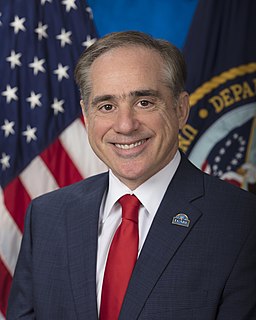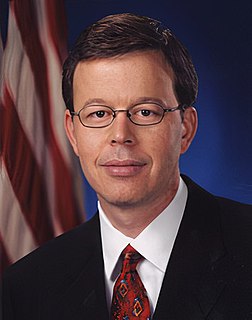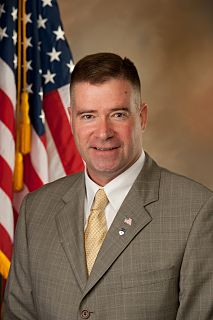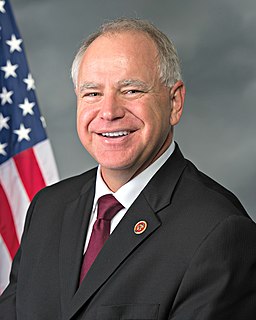Top 1180 Sector Quotes & Sayings - Page 16
Explore popular Sector quotes.
Last updated on November 9, 2024.
To keep up with the demands of the growing manufacturing sector, our Government is pleased to invest in the establishment of the Saskatchewan Manufacturing Centre of Excellence. Training skilled workers and increasing productivity and innovation are essential to the continued growth and prosperity of Saskatchewan, and Western Canada.
Carbon capture and storage, its commercial development.. is going to be the key to the future of coal. If it is successful commercially, then the Australian coal sector will be a center of prosperity and growth; if it's not successful then it won't be. I think in the long run it's as simple as that.
If nothing else, the cyber attacks that occurred during the 2016 presidential election have laid bare the very real vulnerabilities that exist across our government and the private sector. Imagine the harm that could be done if our enemies ever hack into the Department of Defense or Homeland Security.
A peaceful resolution to the Israeli-Palestinian conflict will likely depend to a great extent on the economic development of a future Palestinian state. As I have argued before, private sector investment - especially in the West Bank - is going to prove crucial in creating the right political and social context for peace.
The E-government cabinet, E-health services, online voting, online pre-filled tax returns, e-mobile parking, are all examples of Estonian innovation, but far more importantly, they are examples of the transformative power of intensive and extensive use of Information Technology in the public sector.
All workers, whether they are employed in the private or public sector, should avoid living 'paycheck to paycheck.' Studies show that every household wastes 10% or more of its salary or income on unnecessary expenditures or by not taking the time to shop for better prices. It's all a matter of proper budgeting.
Like Hillary Clinton in the United States, Kuczynski is a prototypical member of the trans-American governing class, with deep roots in both the private and public sector and its revolving-door relationship between Washington think tanks, the State Department, and high-level Latin American ministries.
The alternatives [to the stimulus packages] were to do nothing or, worse, effectively replicate the Premiers' Plan of 1931 when governments cut expenditure, thereby compounding the problems created by a private sector already in retreat. The result, of course, was an economic rout, appalling unemployment and a decade of negligible growth through the 1930s
The corporate sector per se is bottom-line oriented. It can be very corrupt and it is not very principled. That is why I don't think it is sufficient just to have voluntary codes of behavior. I am in favor of legislation which helps to ensure that there is an even playing field and rewards those who play by the rules.
If you're talking about competing with countries in the industrialized, developed world, they don't have healthcare costs. Their societies have that as a priority. Here in America, we won't have the same kind of healthcare availability because it's still a private sector initiative. But that's O.K. because it's facilitated to be made more affordable in a public way.
The institutions that we've built up over the years to protect our individual privacy rights from the government don't apply to the private sector. The Fourth Amendment doesn't apply to corporations. The Freedom of Information Act doesn't apply to Silicon Valley. And you can't impeach Google if it breaks its 'Don't be evil' campaign pledge.
It's only in America where there seems to be this sort of systematic denial of the reality of global warming at the governmental level, and in too many sectors of the high, the private sector. But it looks to me the business community may actually lead us toward a clean energy future almost in spite of government policy.
Jobs in the public sector are increasingly dependent on technology, and more and more government services are available online in developed and developing countries. Women who have ICT skills can help develop and deliver these services, even in places where the sexes are traditionally kept separate.
They said it was impossible to touch the third rail of politics, to take on public-sector unions and to reform a pension and health benefits system that was headed to bankruptcy. But with bipartisan leadership, we saved taxpayers $132 billion dollars over 30 years and saved retirees their pensions. We did it.
I think anybody who knows anything about South Africa and the South African economy would know that one of the big constraints to growth and development is skills shortages. So all of us, need to come at this thing as vigorously as is possible and, of course, the private sector has the capacity to take it on board.
The importance in what we're seeing in countries around the world is a poorly regulated and poorly functioning private sector using irrational and ineffective medications that result in the emergence of drug-resistance tuberculosis. What we've done is begun a program to rapidly improve infection control in places that are treating TB patients.
Never is a historic deed already completed when it is done but always only when it is handed down to posterity. What we call "history" by no means represents the sum total of all significant deeds.... World historyonly comprises that tiny lighted sector which chanced to be placed in the spotlight by poetic or scholarly depictions.
Liberia has to take primary responsibility for its own reform agenda. But our resources are limited. We have to attract the private sector to get jobs to our people that will enable us to raise the government revenue, but to do that we have to build infrastructure. It's a very complex problem of development we are facing here.

























































